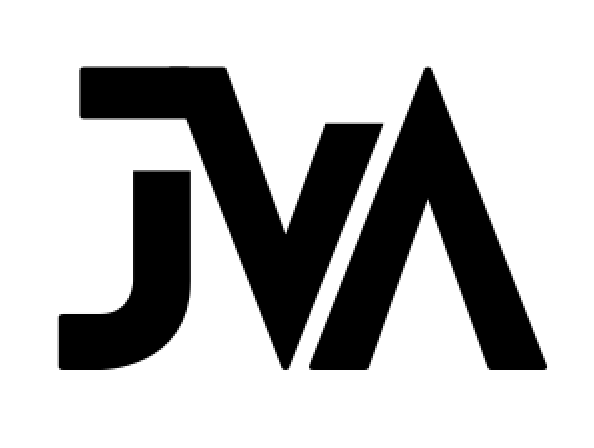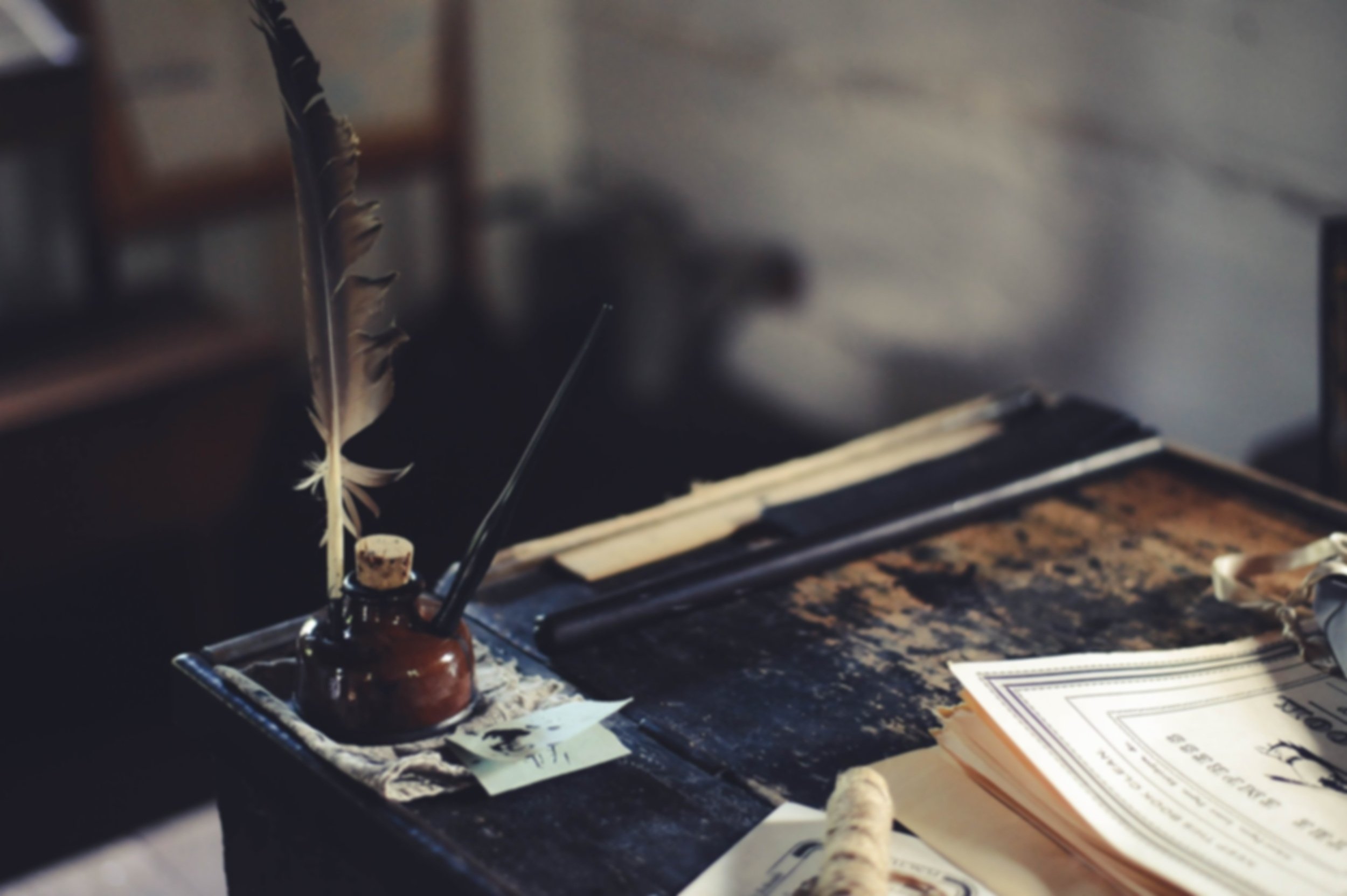Signature Workshop Series
Crafting Poetry
About Crafting Poetry
While some workshops include generative writing exercises, this series stays focused on craft.
We spend our time with the tools of poetry like sound, line, structure, image, and language, the parts that hold a poem together so it lives longer on the page and in the reader.
I do this because, while generative writing workshops can jump-start creativity, this series is built for the long haul, for poets who want to grow over time.
Working this way also deepens your sense of what’s happening beneath the surface in the poems you love. The more you notice, like the turns, the choices, the pressure lines, the more those poems can teach you..
And you just might find yourself falling in love with those poems all over again, but even more so.
THE MODULES
How my workshops work
-
Each workshop runs for eight weeks, with sessions held once a week for 90 minutes.
Before the first meeting, I’ll send a short pre-workshop exercise to help you begin thinking about the workshop’s focus.
Each week, you’ll email me your poem the day before our meeting. That evening, I’ll gather everyone’s poems and send them out to the group.
On the day of the meeting, I’ll send a reminder with the Zoom link. I’ll also include a weekly packet with an introduction to the next topic, a selection of sample poems (usually with a brief note or two), and several writing prompts, or as I call them, experiments, based on that week’s focus.
During our meetings, we’ll read and discuss each other’s poems in a thoughtful and encouraging environment. We’ll end each session with a brief preview of the topic for the following week.
-
Workshops meet online via Zoom. It’s simple to use and makes it easier for people to join from anywhere, whether they’re at home, traveling, or just not local.
Also, no one minds if you're wearing the same sweatpants you wrote your poem in.
-
Each workshop costs $120 and can be paid by check, PayPal, or Zelle.
Sessions are held live on Zoom and are recorded so you can revisit them later.
Contact me directly for payment details or questions.
QUESTIONS?
Testimonials
Ruth S.
“John Victor Anderson is a highly skilled and talented poet. He is also an amazing poetry workshop facilitator. He teaches poetic forms and invites poets to experiment. John's love of poetry shines through with patience, knowledge and the ability to inspire writers of all ages. He is gifted with the ability to encourage poets to explore and experiment as if every word and line is a musical rendering of harmony, dissonance.”
Ruth P.








